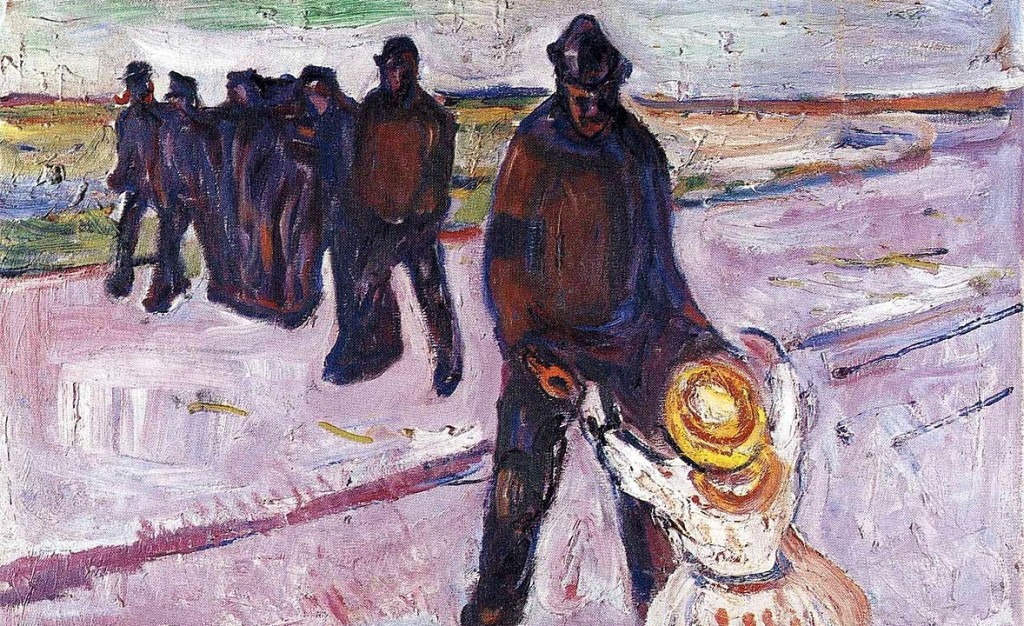A second initiative to collect signatures to support a petition calling for an unconditional, universal basic income (UBI) for all citizens in the European Union (EU) has ended. The required one million signatures were never reached. Why?
Considering the popular attractiveness of the proposal, the failure to collect signatures is a pleasant surprise: Why should people not vote for everyone to receive a guaranteed income of 600 or 800 euros, without any strings attached?
The debates about UBI have been going on all over Europe for years: students and academics have been looking for arguments to justify why every person must be entitled to a living income, food, or a roof over their head – all without having to do a day’s work to get it.
There are many arguments about why life should be effortless, but let us consider what would happen if this ostensibly brilliant idea were realized and we all were “freed” from work.
What is work? It is service to others, service to our community and society which we offer when we realize and employ our talents, whether to produce bread or milk for others, provide knowledge or medication or other necessities of life, clothes, furniture or computers.
What happens if some people gain the right to earn bread, milk, houses, and computers, without putting in any work, without creating any value for others, either in terms of goods or services? Naturally, all these things become scarce: firstly, there is a shortage of labour itself, and finally, there is a shortage of services, things, knowledge, and … responsibility. Then things start to get more expensive, and soon the 600 or 800 euros that were doled out become worthless. There is nothing we can buy with this money.
The worthless money that has paid for someone’s unconditional subsistence inevitably fuels an inflationary spiral, while those who have worked, toiled, saved, and invested are ruined. The mechanisms of inflation work in such a way that where there should be gains, suddenly there is a loss. People get lost. Inevitably, some are tempted to live on an unconditional income.
After all, why waste energy when you gain less out of it than you put in. The other part feels cheated: the knowledge, inventions, and jobs they have accumulated lose their value. What we are seeing today – an unprecedented shortage of workers – is a timely wake-up call to alert humanity to the dangers of the plans to live without work and without serving others.
Inflation, which has skyrocketed lately, is an even louder warning of the threats ahead. It has been compounded by the printing of money to finance rising public debts. It is easy to predict what the scale of inflation would be if eurocoins were produced out of thin air daily to pay unearned income: there would be even more money and even fewer people at work. The gap between demand and supply would widen even further, and prices would rise in tandem.
The ideas that promise bread, milk, and a roof over one’s head without any service to others are not only flawed because they make work unnecessary and money worthless. One would like to believe that young people, having absorbed all the arguments, will not be enchanted by them and will not become unhappy, dreaming all their lives of an unconditional existence that simply does not exist on this earth. And thank God, because by baking bread, nursing the sick or teaching children, every one of us gets to go their way, their individual path of self-development.
Continue exploring:
Will Bread Baker Be Allowed to Work as Cakemaker? Lithuania Reforms Its Labor Migration Regulation
Subsidized Solar: How Not To. A Texbook Example from Slovakia



